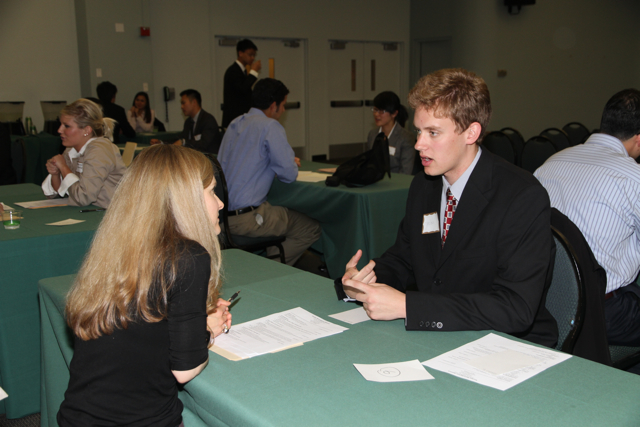Having an interview for a
job or college/university course can seem a daunting prospect. And why wouldn’t it? The reason you will have applied for the job
or course is because you want the opportunity to do something new to develop your
learning and training, and to develop your experience of
the world of work - all these combined with gaining related industry qualifications
whilst being paid.
Unless you’ve had several
interviews already, or you are very confident, the prospect of an interview which
could influence the next few years of your life can be a scary thought. This blog is aimed at
explaining the different types of interviews and to give you some practical
tips on how to ‘survive and thrive’ in an interview situation.
So, you have been asked for
an interview, which is excellent news! And that means you’ve already got an asset that the employer or college/university
likes the look of. This is likely to be
a combination of work experience, qualifications, skills and motivation. Hopefully recognising this will start
to build your confidence and allow you to present yourself well at interview. There are different types of interview
which you potentially face. The first two are
usually only used by employers rather than colleges/universities, and if you
are successful will be followed by an assessment centre or face to face
interview.
- Phone interviews – the answers you give will be used to filter whether you get onto the next stage of recruitment or not.
- Video interviews – these can be either live or recorded. The live ones will have an interviewer asking the questions and interacting with you. The recorded ones will have a set of questions which you will respond to with a set amount of time. The use of video interviews is increasing.
- Group interviews – these are mostly used to see how potential employees or students interact together. They will be looking for candidates who can interact well, without dominating or who do not really get involved.
- Face to face interviews – these will happen in all recruitment processes one way or another. You may have several of these with different members of staff and you may be interviewed by one, two or three members of staff at the same time.
The aim of these interviews
is to help decide whether you would be a good ‘fit’ for the job or course. The main differences between an interview for
a job vacancy and a course are that usually there will be several more spaces
available on a course.
 | ||
| Image courtesy of Wikipedia 'College interview' by B.P.Susf |
So what can you do to make
the most of the interviews?
Firstly, you need to remember that interviews are actually a two way process. Not only is it a chance for others to see if you are what they are looking for, but it is also a chance for you to do the same! You need to show that you are a good match, with examples of your skills, motivation and experience, and how you would be a valuable addition to the team/course. How to do this? Follow the 3 P’s…Prepare, Plan and Practice!
- Prepare – find out as much as possible about the job vacancy and company, course and university. This will help you to show how you ‘it the job description or course requirements. What examples can you think of to meet the requirements?
- Plan – your journey for the interview, what answers you might give, questions you can ask and what to do if something unexpected happens. Is there anything you feel less confident about the interview or assessment centre process?
- Practice – can someone give you a mock interview? If you are having to do a presentation, practice it in front of friends, family or careers staff. If you are having a phone or video interview, check that the technology works and the environment is quiet with no visual distractions.
And lastly, however the
interview goes, reflect on how you found it. How would you do it differently next time? And just as importantly, ask for feedback from
the interviewers. They should be willing
to offer you some.
Good luck!



